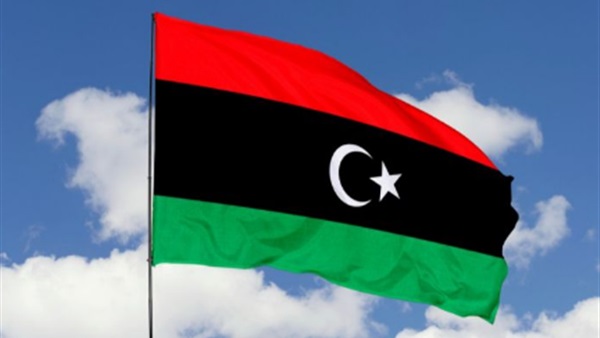Intense international movement on impact of Libyan crisis: Is consensus coming soon?

An intense international movement has been taking place in
the Libyan arena, especially after the recent agreement announced by the heads
of the House of Representatives and the High Council of State, which is
considered an important breakthrough in the political stalemate that has
overwhelmed the country, representing a new hope and opportunity for the
possibility of reaching a comprehensive settlement and holding elections to
establish a unified authority in the country.
The recent developments in Libya reflect the continuation of
the differences between the parties, despite the recent consensus between House
Speaker Aguila Saleh and High Council of State Chairman Khaled al-Mishri during
their meeting in Cairo in an attempt to end the ongoing dispute and bring the
country to safety.
Hypotheses of failure and success
House Speaker Aguila Saleh announced that there is almost
convergence on reconsidering the government and forming a new, neutral
government to supervise the elections, considering that it is not reasonable
for the presidential candidate to be responsible for appointing election
officials and employees, referring to the head of the Government of National
Unity (GNU), Abdel Hamid Dabaiba.
After the controversy over the creation of a Supreme
Constitutional Court in Benghazi and the suspension of dialogue between the
House of Representatives and the High Council of State, the resumption of
dialogue between the two parties was announced in a promising step. Its
features became clearer with the announcement of the Cairo Agreement, which
deepened hopes for an upcoming settlement. However, recent developments have
raised questions about the extent of the impact of disagreements again,
especially since many agreements have already failed despite their promising
beginning.
In a new indication of the continuation of the differences,
Saleh affirmed that the House of Representatives is the only legislative body
and the High Council of State is the only advisory body, describing the
agreement reached with the High Council of State as merely a “verbal
rapprochement” without actions, accusing the High Council of State of not
dealing with the House of Representatives.
Suffocating political crisis
Since the beginning of last year, Libya has been
experiencing a suffocating political crisis, represented in a struggle over
power between the two governments, the first assigned by the House of
Representatives headed by Fathi Bashagha, and the second the outgoing GNU
headed by Abdel Hamid Dabaiba, who refuses to hand over power. The conflict
between the two governments represents a new impasse in the country, which has
been experiencing a crisis for years.
To resolve the crisis, the United Nations launched an
initiative to form a committee of the House of Representatives and the High
Council of State to agree on a constitutional basis that would lead the country
to elections, the completion of which stalled in late 2021, while international
forces and the UN pressed for reaching consensus to hold elections. UN Envoy to
Libya Abdoulaye Bathily threatened to resort to alternative mechanisms in the
event of the two bodies failing to reach a consensus.
American move
Within the framework of the international moves to push for
a political settlement in Libya in light of the recent consensus, the United
States entered the crisis line, as CIA Director William Burns arrived in Libya
on a visit, the first of its kind by an American diplomat, during which he met
with the Commander-in-Chief of the National Army, Field Marshal Khalifa Haftar,
at his headquarters in Al-Rajma outside the city of Benghazi in the east of the
country. Burns then moved to the western region to meet with Dabaiba in
Tripoli. He stressed the need to develop economic and security cooperation
between the two countries and praised the state of stability and growth that
Libya is witnessing, as the Libyan file has become a priority for the US
administration, which seeks to take advantage of the recent agreements to put
pressure on the Libyan parties to end the crisis.
For their part, European countries declared their support
for the Libyan consensus. Italian Deputy Prime Minister and Foreign Minister
Antonio Tajani said during a joint press conference held in Ankara with Turkish
Foreign Minister Mevlut Cavusoglu, “We want to achieve stability, and we will
work together because we are convinced of the necessity of conducting
elections,” pointing out that stability also means reducing irregular migration
flows and that Italy supports all those initiatives aimed at reaching
elections, according to the Italian news agency AGI.
France had earlier announced its support for the invitation
of the UN envoy to Libya to the House of Representatives and the High Council
of State to put the final touches on the constitutional rule. The French
embassy posted on its Twitter account that it supports reaching a Libyan-Libyan
solution to resolve the political crisis and conduct elections within a
specified timeframe.







